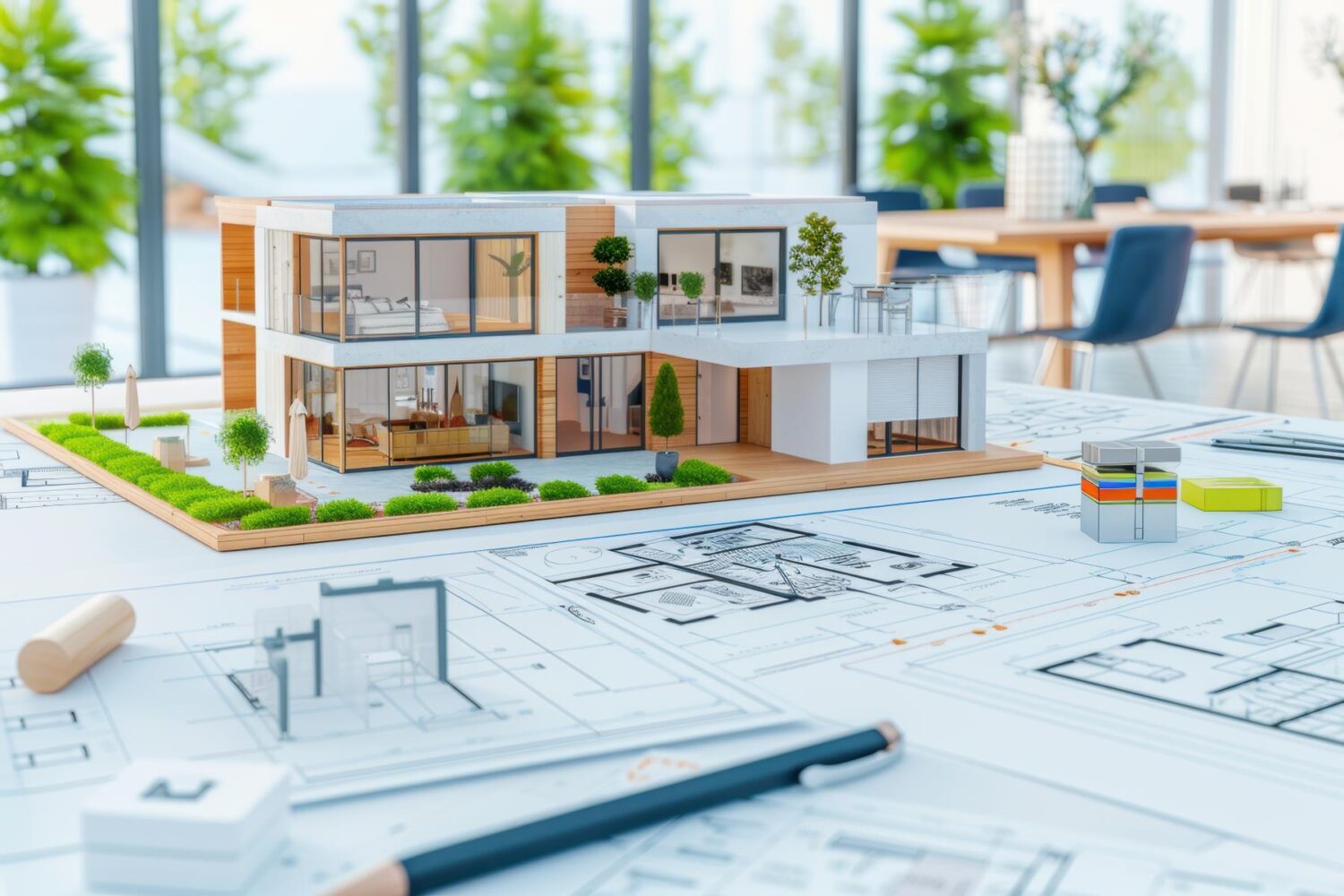When building a custom home, it’s easy to get caught up in the excitement of designing your perfect space. You spend hours poring over blueprints, selecting finishes, and envisioning the perfect layout. But have you thought about how you’ll fund your dream? This is where an Australian home loan lender can play a crucial role in helping you achieve your goal. Creating a financial plan that matches your vision for your new home is just as important as designing the perfect floor plan. By understanding your financing options and working with a reputable lender, you can ensure that your dream home becomes a reality.
Below we explore the importance of creating a financial plan for your custom home building project. We’ll cover the key elements of a successful financial plan, including budgeting, scheduling, and building equity. By the end of this article, you’ll have a clear understanding of how to create a financial plan that will help you achieve your dream of building a custom home.
Why a Financial Plan is Crucial for Custom Home Building
Building a custom home is a significant investment, and it’s essential to have a solid financial plan in place to ensure that your dream doesn’t turn into a financial nightmare. Without a financial plan, you risk overspending, delays, and even financial ruin.
A financial plan helps you to:
– Determine how much you can afford to spend on your custom home
– Identify and prioritise your financial goals
– Create a budget that allocates funds for each aspect of the building process
– Make informed decisions about financing options and loan terms
– Monitor and adjust your spending throughout the building process
Creating a Budget for Your Custom Home
Creating a budget for your custom home building project is the first step in creating a financial plan. Your budget should include all the expenses involved in building a home, including:
– Land acquisition costs
– Design and planning fees
– Construction costs
– Financing costs
– Contingency funds
When creating your budget, it’s essential to be realistic about your financial situation and to prioritise your spending. Consider the following tips:
- Determine how much you can afford to spend on your custom home based on your income, savings, and debt obligations.
- Research all the expenses involved in building a home and allocate funds accordingly.
- Consider hiring a financial advisor or using online budgeting tools to help you create a comprehensive budget.
- Review and adjust your budget regularly to ensure you’re on track with your spending.
The Importance of Scheduling
A detailed schedule is essential for any custom home building project. It helps you to:
– Plan and coordinate the various stages of the building process
– Identify and mitigate potential delays and risk
– Allocate resources and labor effectively
– Monitor progress and make adjustments as needed
When creating a schedule, consider the following tips:
Work with your builder to create a detailed schedule that includes all the stages of the building process.
– Identify key milestones and deadlines.
– Allocate contingency funds to account for unexpected delays or expenses.
– Regularly review and adjust your schedule to ensure you’re on track with your project timeline.
Building Equity in Your Home
Building equity in your home is an essential part of any custom home building project. Equity refers to the value of your home minus any outstanding mortgage balance. Building equity in your home can provide a range of benefits, including:
– Increased financial security
– Improved credit score
– Greater flexibility when it comes to financing options
– A potential source of funds for future renovations or upgrades
To build equity in your home, consider the following tips:
- Make regular mortgage payments to reduce your outstanding balance.
- Consider making extra payments or paying off your mortgage early.
- Maintain your home’s value by performing regular maintenance and repairs.
- Consider renovating or upgrading your home to increase its value.
Building a custom home is a significant investment, and it’s essential to have a solid financial plan in place to ensure that your dream doesn’t turn into a financial nightmare. By creating a budget, schedule, and building equity in your home, you can ensure that your custom home building project is a success. Remember to be realistic about your financial situation, prioritize your spending, and regularly review and adjust your financial plan to ensure you’re on track with your goals. With a solid financial plan in place, you can turn your dream of building a custom home into a reality.




